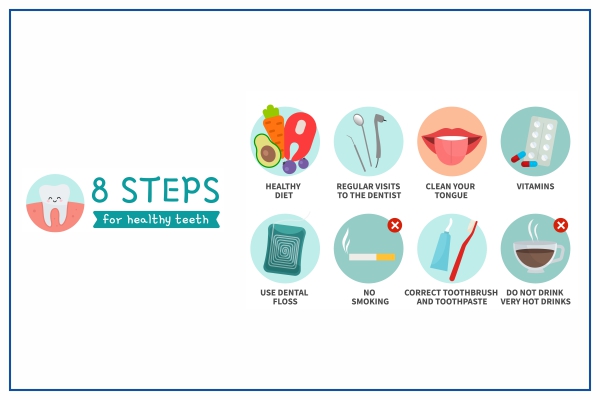Explore how Augmented Reality in Education superimposes digital information onto the real world, creating interactive and dynamic learning experiences that boost engagement and understanding.
Key Takeaways:
- Augmented Reality in Education overlays digital content onto real-world views, enhancing physical environments.
- It provides interactive and contextualized learning experiences that are highly engaging.
- Benefits include improved visualization of complex concepts, hands-on interaction, and enhanced retention.
- Successful implementation requires compatible devices, well-designed AR content, and clear learning objectives.
- Challenges include device accessibility, content creation costs, and integration into existing curricula.
How Does Augmented Reality in Education Work?
The classroom of today is vastly different from that of a generation ago, and cutting-edge technologies are driving this evolution. Among the most exciting innovations is Augmented Reality (AR). But how exactly does Augmented Reality in Education function, and what makes it such a powerful tool for transforming traditional learning into a dynamic, interactive experience? Unlike Virtual Reality, which creates entirely simulated environments, AR superimposes digital information, such as images, videos, 3D models, or interactive elements, onto a real-world view, typically through a smartphone, tablet, or specialized AR glasses.
This means that the learning isn’t confined to a screen; it spills out into the physical space around the student. Imagine pointing your tablet at a textbook image of the human heart, and instantly, a fully animated, 3D model of the heart appears on your screen, seemingly floating above the page, allowing you to rotate it, zoom in, and even see blood flow. This immediate contextualization and interactivity transform passive observation into active exploration. The magic of AR lies in its ability to bridge the gap between abstract concepts and tangible reality, making learning more intuitive, engaging, and memorable. It works by enhancing the real world with digital layers, turning everyday objects and environments into interactive learning tools.
What is Reality in Education?
So, what precisely is Augmented Reality in Education? It’s the strategic integration of AR technology into teaching and learning processes to enrich the educational environment. At its core, AR enhances a user’s perception of the real world by adding computer-generated sensory input, such as sound, video, graphics, or GPS data. This is distinct from VR, which replaces the real world with a simulated one.
In educational contexts, AR allows learners to interact with digital content in their physical surroundings. For instance, a student studying constellations could point their phone at the night sky and see the names of stars and lines connecting them to form constellations appear on their screen. Architecture students could visualize a 3D model of a building overlaid onto an empty construction site. This technology makes learning contextual and highly interactive, fostering a deeper understanding by allowing students to see, manipulate, and explore digital information within their familiar physical space. Augmented Reality in Education makes the invisible visible and the abstract concrete, thereby creating a richer, more engaging learning experience.
Who Benefits from Education?
The scope of who can benefit from Augmented Reality in Education is remarkably broad, encompassing students across all age groups, educators, and even professional trainers. For younger learners, AR can make abstract concepts, like the solar system or animal anatomy, tangible and exciting through interactive 3D models that appear right in their classroom. It turns science lessons into exploratory adventures.
For secondary and higher education students, AR can facilitate complex visualizations in subjects like chemistry (viewing molecular structures), physics (simulating forces), and engineering (examining intricate machinery components). Medical students can use AR to overlay anatomical information directly onto a mannequin or even a patient during training. Educators benefit from having innovative tools to engage students and present content in dynamic ways. Furthermore, vocational training programs can leverage AR to provide hands-on instruction for tasks like equipment repair or assembly, without the need for physical prototypes or costly errors. Essentially, anyone who learns more effectively through visual, interactive, and contextualized experiences stands to gain significantly from Augmented Reality in Education.
When Should We Use Augmented?
Augmented Reality in Education proves most effective in scenarios where visualizing complex information, enhancing real-world objects, or providing hands-on interaction is crucial for learning. It’s particularly impactful when abstract concepts need to be made concrete, or when students need to apply theoretical knowledge in a practical, yet simulated, setting.
Consider situations where physical models are too expensive, fragile, or simply unavailable. AR can provide virtual models that students can manipulate freely. For instance, dissecting a virtual frog using AR saves resources and avoids ethical concerns. It’s also ideal for field trips or explorations where actual presence isn’t feasible; an AR app could bring a historical monument to life right in the classroom. Moreover, AR excels at providing contextual information, such as overlaying data on geological formations during a field study or providing instructions for a laboratory experiment directly on …
















